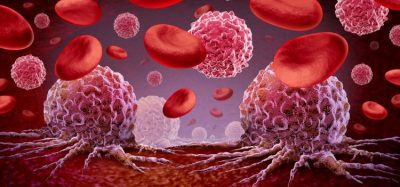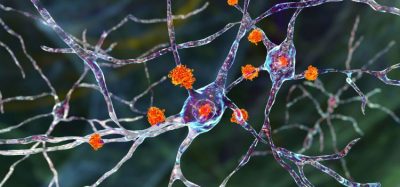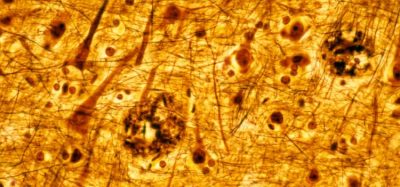Proteon announces positive long-term results from Phase 2 study of vonapanitase in CKD patients undergoing surgical creation of an arteriovenous fistula for hemodialysis
Posted: 2 April 2015 |
Proteon has announced positive results from a long-term analysis of follow-up data from a Phase 2 study of its lead candidate, vonapanitase…
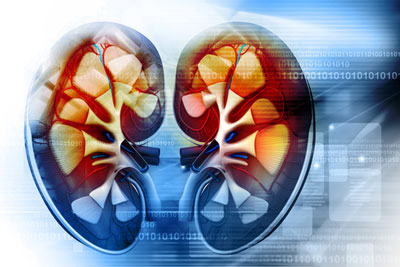

Proteon Therapeutics Inc. has announced positive results from a long-term analysis of more than three years of follow-up data from a Phase 2 study of its lead candidate, vonapanitase (formerly PRT-201).
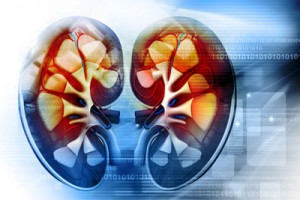

The study evaluated the safety and efficacy of vonapanitase, an investigational drug, in patients with chronic kidney disease (CKD) undergoing surgical creation of an arteriovenous fistula (AVF) for hemodialysis.
The Phase 2 multicenter, randomized, double-blind, placebo-controlled clinical study evaluated safety and efficacy of a single application of vonapanitase delivered immediately after surgical creation of an AVF. Data from the long-term analysis demonstrated a trend of prolonged primary patency, the study’s primary endpoint, and a statistically significant improvement in the rate of corrective procedures, a secondary endpoint, over more than three years of follow-up for the 30 mcg vonapanitase dose as compared to placebo. An analysis of the results in the subset of patients receiving a radiocephalic AVF, which was not pre-specified, showed statistically significant improvements in primary patency, secondary patency (AVF survival) and the rate of corrective procedures over more than three years of follow-up for the 30 mcg vonapanitase dose as compared to placebo. A radiocephalic AVF is the preferred form of hemodialysis vascular access and is currently being studied in a Phase 3 clinical trial of vonapanitase.
Patients that received vonapanitase reported adverse events related to the AVF comparable to placebo over more than three years. These events were consistent with the medical events experienced by chronic kidney disease patients undergoing surgical creation of an AVF.
A single treatment of vonapanitase immediately after radiocephalic AVF surgical creation may yield durable benefits for patients
“These results suggest that a single treatment of vonapanitase immediately after radiocephalic AVF surgical creation may yield durable benefits for patients,” said Bradley Dixon, M.D., a nephrologist and Associate Professor of Medicine at the University of Iowa’s Department of Internal Medicine, “A radiocephalic AVF is the preferred form of vascular access for hemodialysis patients, and the benefits of vonapanitase, if observed in pivotal Phase 3 studies, would have great clinical importance to patients and their caregivers.”
A functioning AVF, which is a surgically created connection between an artery and a vein, is a hemodialysis patient’s lifeline, enabling the patient to undergo life-sustaining hemodialysis. AVFs are susceptible to patency loss, which occurs when an AVF has insufficient blood flow for hemodialysis, most often due to a blockage in the blood vessels of the AVF. Patency loss can result in additional surgical or other corrective procedures, such as balloon angioplasty, and reduced AVF survival.
“The results from more than three years of follow-up extend the positive findings we observed at one year in the non-pre-specified subset analysis of patients undergoing surgical creation of radiocephalic AVFs – the same patient population we are studying in our ongoing Phase 3 clinical trial,” said Timothy Noyes, President and Chief Executive Officer of Proteon.
Proteon is currently enrolling patients in a Phase 3 multicenter, randomized, double-blind, placebo-controlled clinical study of vonapanitase in CKD patients undergoing surgical creation of a radiocephalic AVF for hemodialysis. The Company expects to complete enrollment by the end of 2015 and is anticipating initiating enrollment in a second Phase 3 clinical study in the second quarter of 2015. Proteon is also conducting an ongoing Phase 1 clinical study of vonapanitase in patients with symptomatic peripheral artery disease (PAD).
For more information about Proteon, please visit www.proteontherapeutics.com.




